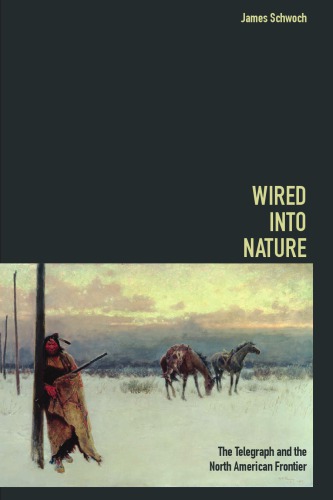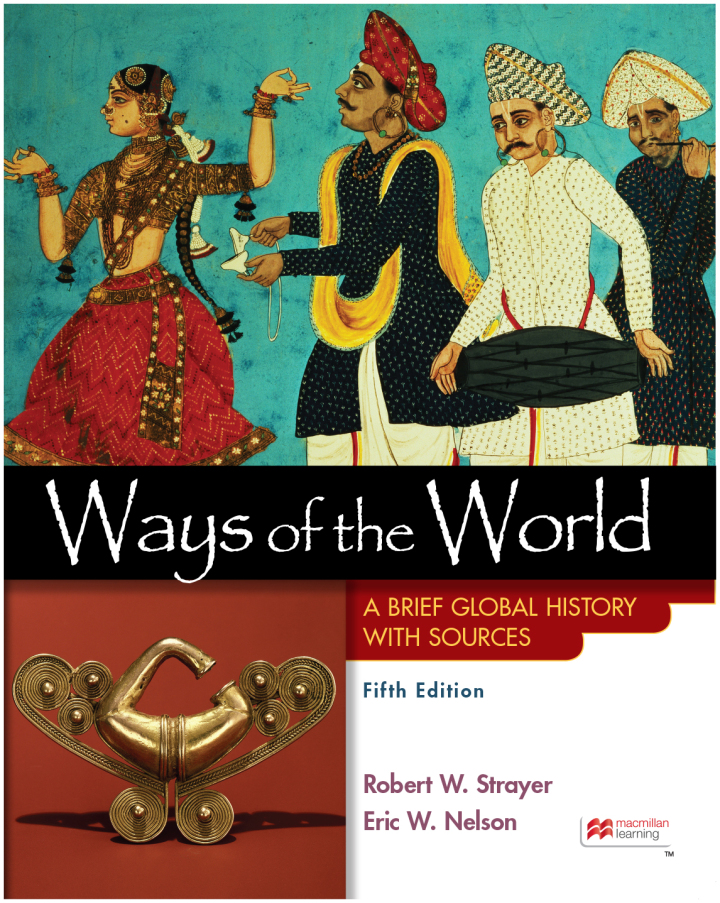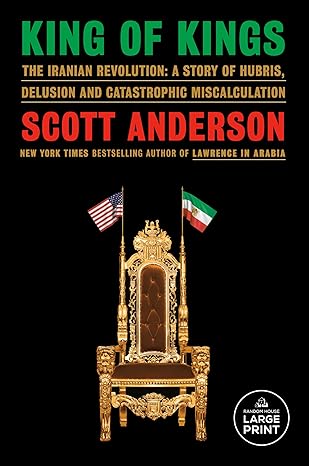The westward spread of telegraphy entailed encounters with environments that challenged Americans to acquire knowledge of natural history, climate, and a host of other fields. Telegraph codes and ciphers, meanwhile, became important political, military, and economic secrets. Schwoch shows how the government's use of commercial networks drove a relationship between the two sectors that served increasingly expansionist aims. He also reveals the telegraph's role in securing high ground and encouraging surveillance. Both became vital aspects of the American effort to contain, and conquer, the West's indigenous peoples--and part of a historical arc of concerns about privacy, data gathering, and surveillance that remains pertinent today. Entertaining and enlightening, Wired into Nature explores an unknown history of the West.
چکیده فارسی
گسترش تلگراف به سمت غرب مستلزم برخورد با محیطهایی بود که آمریکاییها را برای کسب دانش در مورد تاریخ طبیعی، آب و هوا و بسیاری از زمینههای دیگر به چالش میکشید. در این میان، رمزها و رمزهای تلگراف به اسرار مهم سیاسی، نظامی و اقتصادی تبدیل شدند. شووچ نشان می دهد که چگونه استفاده دولت از شبکه های تجاری باعث ایجاد رابطه بین این دو بخش شد که به طور فزاینده ای اهداف توسعه طلبانه را دنبال می کرد. او همچنین نقش تلگراف را در ایمن سازی موقعیت های بلند و تشویق نظارت آشکار می کند. هر دو به جنبههای حیاتی تلاش آمریکا برای مهار و تسخیر مردم بومی غرب تبدیل شدند - و بخشی از قوس تاریخی نگرانیها در مورد حفظ حریم خصوصی، جمعآوری دادهها، و نظارت است که امروز نیز مطرح است. سرگرم کننده و روشنگر، Wired into Nature تاریخ ناشناخته غرب را بررسی می کند.
ادامه ...
بستن ...










